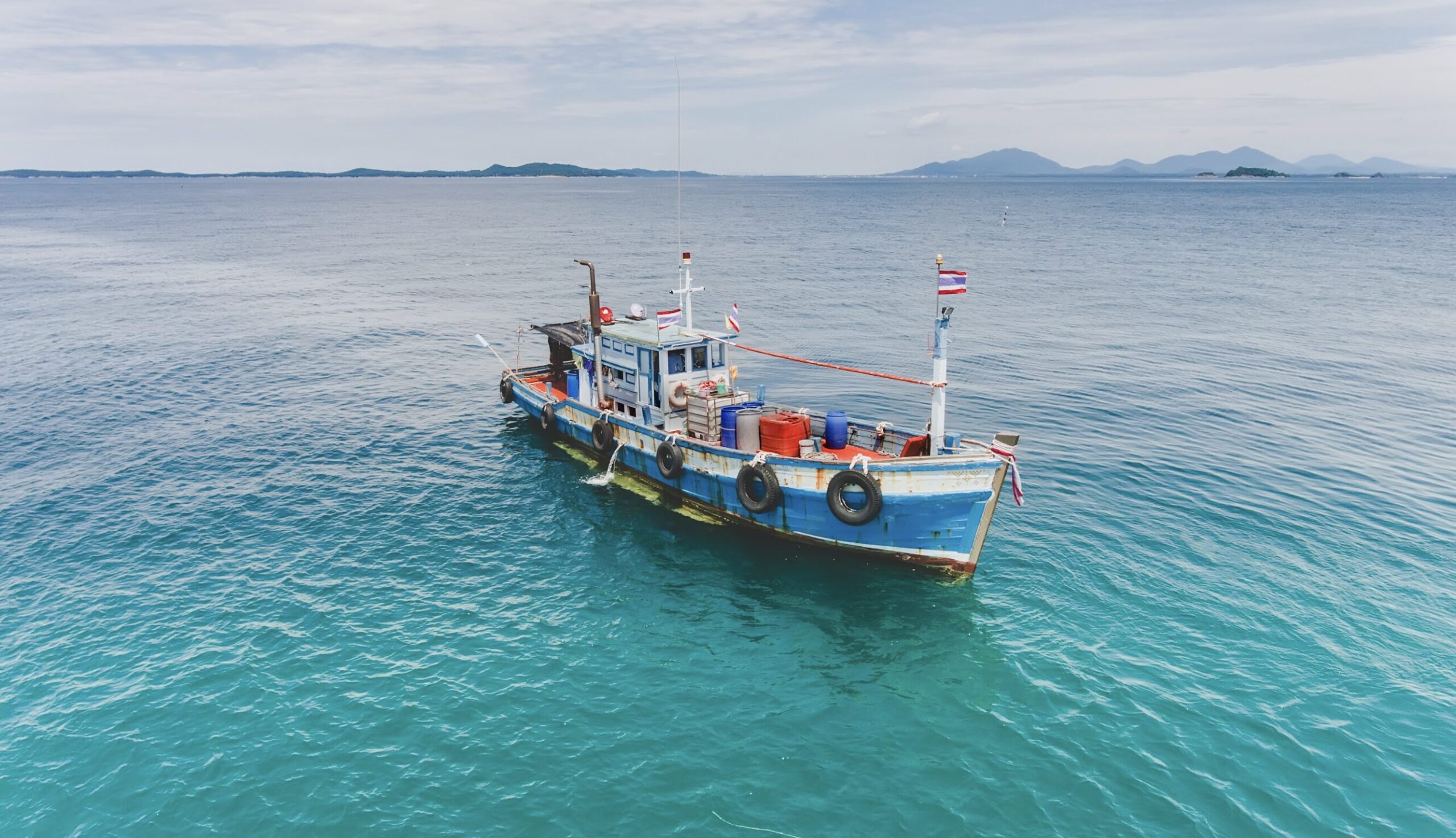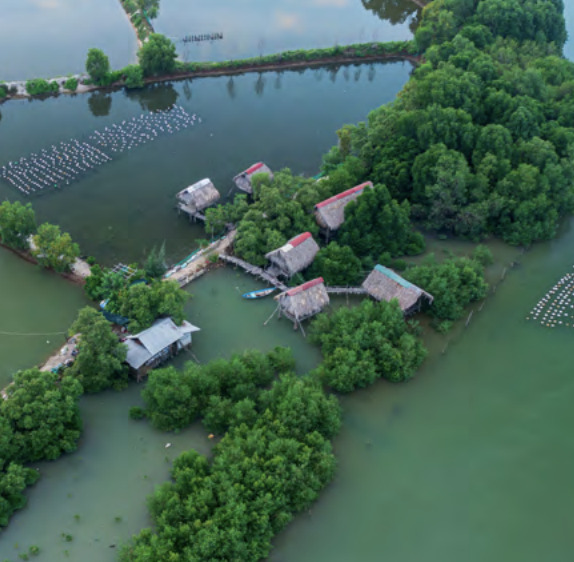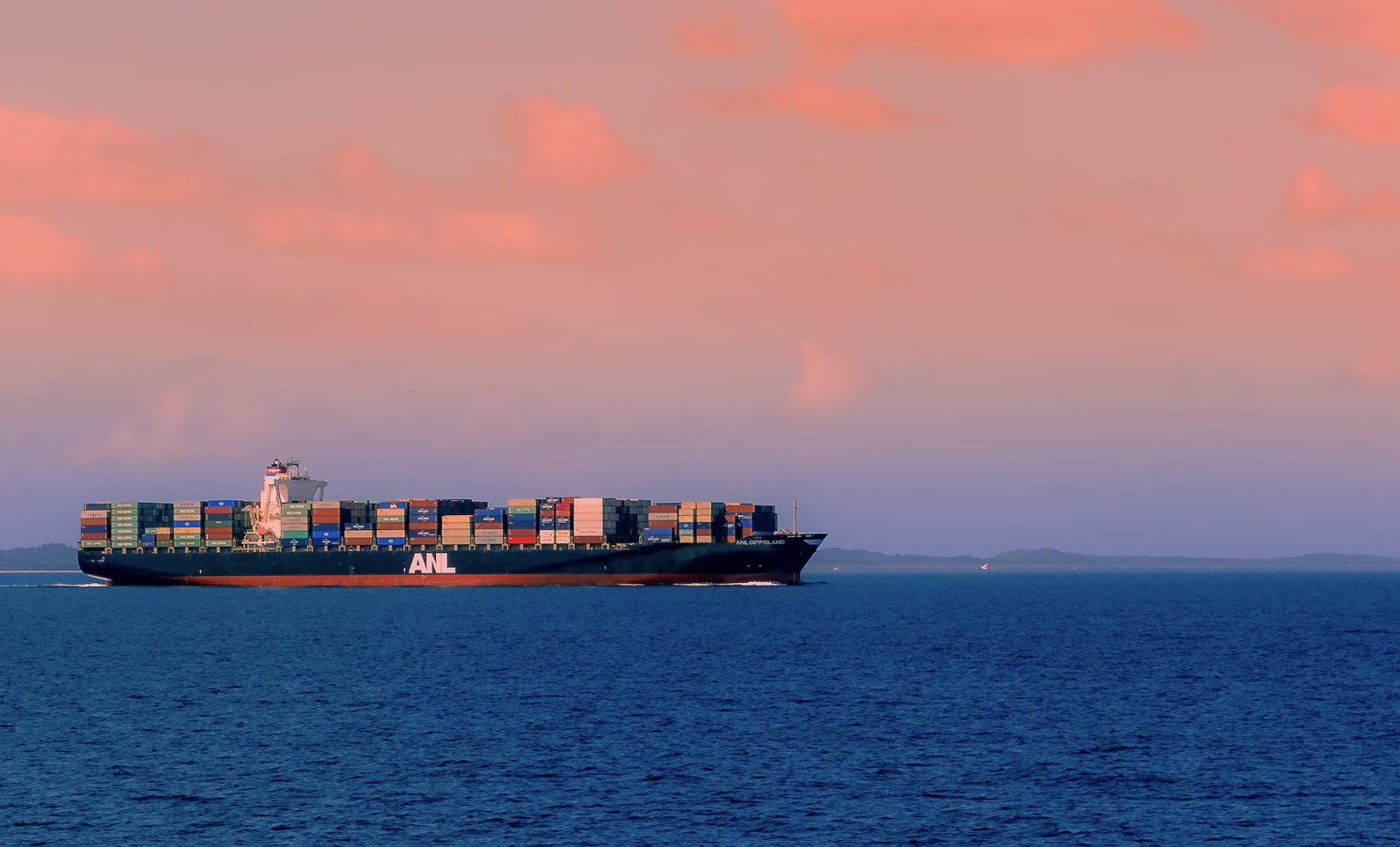Research & Evidence
Research and Evidence
Policy-driven analysis on transboundary climate risk
Robust and relevant research and analysis on transboundary climate risk is key to driving policy change. The Adaptation Without Borders partnership creates and curates state-of-the-art knowledge on cascading climate risks – both conceptual and empirical – to deepen the evidence-base for policymakers and practitioners.

From the Partnership
Transboundary climate risks in Senegal: Opportunities for regional and international cooperation on adaptation
Learn about transboundary climate risks for Senegal and how these can be better addressed through national level action and international cooperation in this Adaptation Without Borders report.
Cross-border, cascading climate risks and the LDC Group: Catalyzing management options within the UNFCCC
This policy brief highlights efforts to develop indicators capturing transboundary and cascading climate risks for inclusion in the UAE–Belém Work Programme, emphasizing regional and international cooperation to strengthen adaptation strategies for Least Developed Countries.
Assessment on prioritising transboundary climate risks for Ireland
Explore a comprehensive assessment of transboundary climate risks to the Island of Ireland in three specific areas: agriculture and food security, trade and infrastructure, and biophysical systems.
The Implications of Transboundary Climate Risks for India
Explore India’s current and future exposure to transboundary and cascading climate risks in this AWB discussion brief.
A roadmap for regional cooperation on adaptation in the Hindu Kush Himalaya: addressing transboundary and cascading climate risks
This roadmap aims to chart a course towards stronger regional cooperation on
adaptation in the Hindu Kush Himalaya (HKH), with a focus on building
resilience to the transboundary and cascading climate risks the region faces.
The collective advantage: Understanding transboundary climate risks in Southeast Asia and charting a path forward
This shared perspective between Boston Consulting Group and Adaptation Without Borders explores examples of transboundary climate risks in Southeast Asia and concrete steps that can be taken to foster and strengthen collective action and build resilience against climate risks.
Other Articles of interest
Cascading climate risks: strategic recommendations for European resilience
Why do cascading climate risks matter in a European context? This report describes a set of 21 recommendations on how to build resilience in Europe and globally to cascading climate risks.
Transboundary Climate Risks and the National Adaptation Planning Process
Learn about how the National Adaptation Planning (NAP) process can play a role in addressing transboundary climate risks in this brief, targeting adaptation practitioners, policy-makers, and negotiators.
Contesting legitimacy in global environmental governance – An exploration of transboundary climate risk management in the Brazilian-German coffee supply-chain
Explore the ways in which transboundary climate risks are being governed across a Brazilian-German coffee supply chain in this journal paper. Learn about the five distinct governance pathways identified, which are each underpinned by a distinct operationalization of legitimacy.
Policy discussion brief: the role of businesses in climate adaptation
Discover key considerations and opportunities for business-led adaptation, and learn about the enabling role of governments, international agreements and the financial sector in this policy brief.
Nordic perspectives on transboundary climate risk
Explore the cross-border risks faced by Nordic countries, the extent to which they are already recognised, and possible ways to respond to them in this report. The analysis draws on a literature review, an analysis of trade data, and interviews with stakeholders from national authorities, industry and research institutions.
Just transition for climate adaptation: A business brief
Learn about how businesses can adapt to minimize climate change risks and impacts in a just and equitable manner; and discover recommendations for ensuring just and resilient supply chains and business operations.












